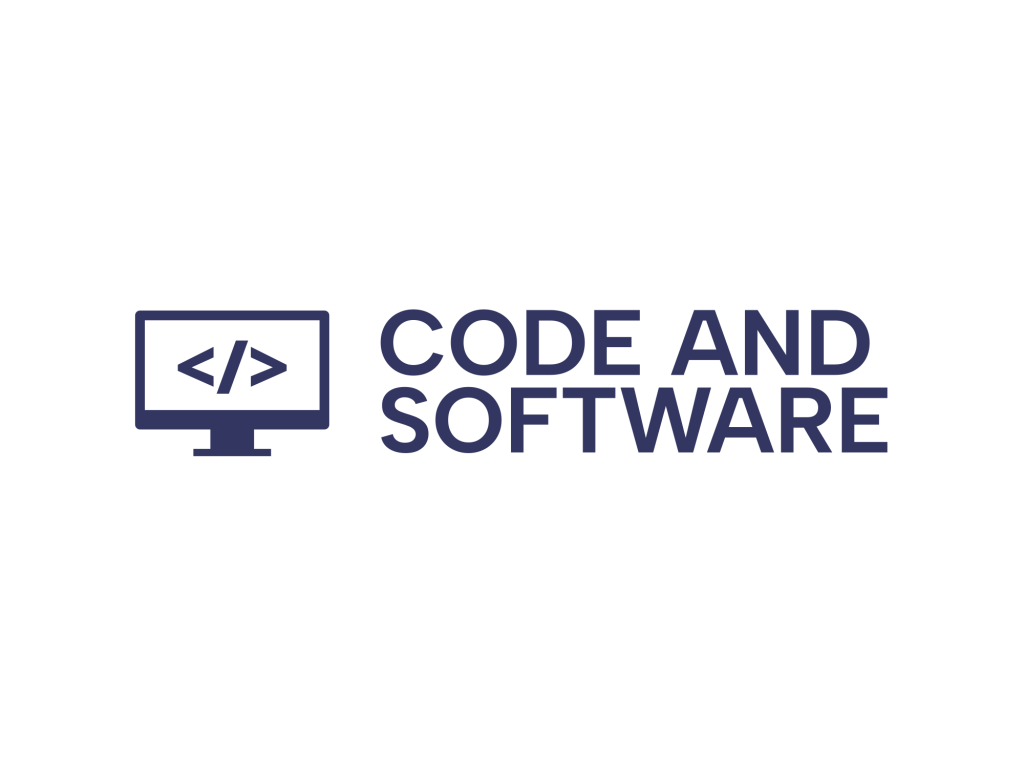In today’s digitally connected world, an email address often serves as a gateway to an individual’s online identity. Whether you’re trying to identify a mysterious sender, reconnect with an old contact, or investigate a suspicious message, finding out who is behind an email address can be both crucial and challenging. Numerous methods and tools are available to help with this task, each with varying levels of effectiveness and ethical considerations.
Understanding the Role of an Email Address
An email address is more than just a communication tool—it often reflects a user’s interests, affiliations, or occupation. From domain extensions to personalized usernames, these elements can offer valuable hints to the identity of the person behind the screen.
The challenge lies in uncovering more concrete details from what may initially seem like a cryptic string of characters. Fortunately, there are several strategies and platforms that can help uncover the identity of an email sender.
Methods to Identify a Person by Email Address
Here are some of the most effective methods used to identify individuals through their email addresses:
- Search Engines: Simply entering the email address into Google or another search engine may yield surprising results. Many people use the same email for forums, social media, and websites, creating digital footprints.
- Social Media Search: Platforms like Facebook, LinkedIn, and Twitter often allow users to register with their email addresses. Searching the email on these platforms may directly lead you to the owner’s profile.
- Email Lookup Tools: Services like BeenVerified, Spokeo, and Hunter.io offer reverse email searches to identify individuals, their social profiles, and more.
- WHOIS Lookup: If the email is associated with a domain name, a WHOIS search can reveal registration details about the domain owner.

Ethical Considerations
While the desire to identify an unknown sender can be strong, it’s important to stay within ethical and legal boundaries. Using someone’s private data without consent can be a violation of privacy laws in many jurisdictions. It’s always advised to ensure that you are using only publicly available information and not engaging in potentially invasive tactics.
Use Cases Where Identification is Necessary
There are numerous legitimate scenarios where identifying someone via an email address is not only justified but essential:
- Email Scams: Unmasking the sender helps protect individuals or organizations from fraud.
- Lost Contacts: Reconnecting with business associates or old friends when other details are missing.
- Suspicious Activity: Verifying the legitimacy of an inquiry, job offer, or collaboration proposal.
Limitations and Accuracy
Despite the availability of various tools, success is not always guaranteed. Some users take significant steps to remain anonymous, using temporary email services or fake names. Additionally, data provided by third-party services may not be accurate or up-to-date.

Therefore, it’s crucial to cross-verify any findings from multiple sources to confirm their validity. Relying solely on one lookup can result in incorrect assumptions and potential issues.
Conclusion
Identifying a person through their email address is achievable with the right tools and methods. However, it requires a balance between curiosity and responsibility. Leveraging search engines, social media, and professional lookup tools can reveal useful clues, but users must remain cautious and respectful of privacy boundaries. Whether it’s for security, business, or personal reasons, understanding how to trace an email back to its owner is a powerful skill in the digital age.
Frequently Asked Questions (FAQ)
- Can I find someone’s identity just by their email address?
Yes, in many cases you can use search engines, social media, or email lookup services to identify the person associated with an email address. - Is it legal to search for a person using their email address?
Generally, it’s legal if you’re using publicly available information. Accessing private accounts or data without permission is not legal and could lead to penalties. - What if the email is from a temporary or fake account?
Temporary or “burner” accounts are designed to be untraceable, making it very difficult to identify the sender through conventional methods. - Are paid email lookup tools reliable?
Some paid tools offer accurate information aggregated from public databases and social media, but they may not always be up-to-date or complete. - Can I block emails if I can’t identify the sender?
Absolutely. Email providers allow users to block or report suspicious addresses regardless of whether the sender is identified.


Leave a Reply